- Over 100 ‘IS men’ held in Turkiye over holiday attack plot Dawn
- Turkey arrests 115 IS suspects ‘planning New Year’s attacks’ BBC
- Turkey detains 115 ISIS suspects in nationwide raids ahead of Christmas, New Year CNN
- Senior figure of ISIS…
Category: 2. World
-
Over 100 ‘IS men’ held in Turkiye over holiday attack plot – Dawn
-
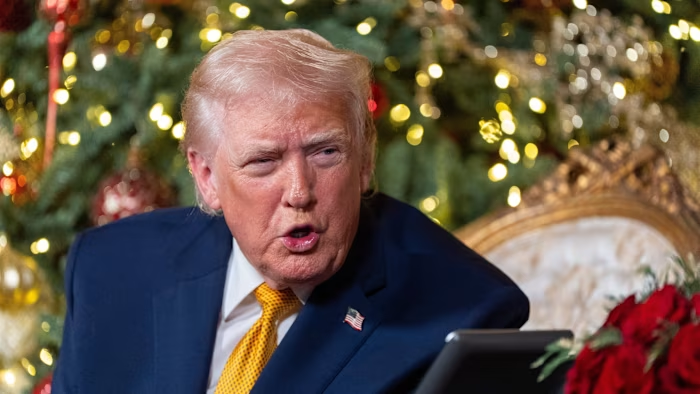
Donald Trump says US struck Isis targets in Nigeria over attacks on Christians
Unlock the White House Watch newsletter for free
Your guide to what Trump’s second term means for Washington, business and the world
The US has struck alleged Islamic State militants in north-western Nigeria over attacks against the African…
Continue Reading
-
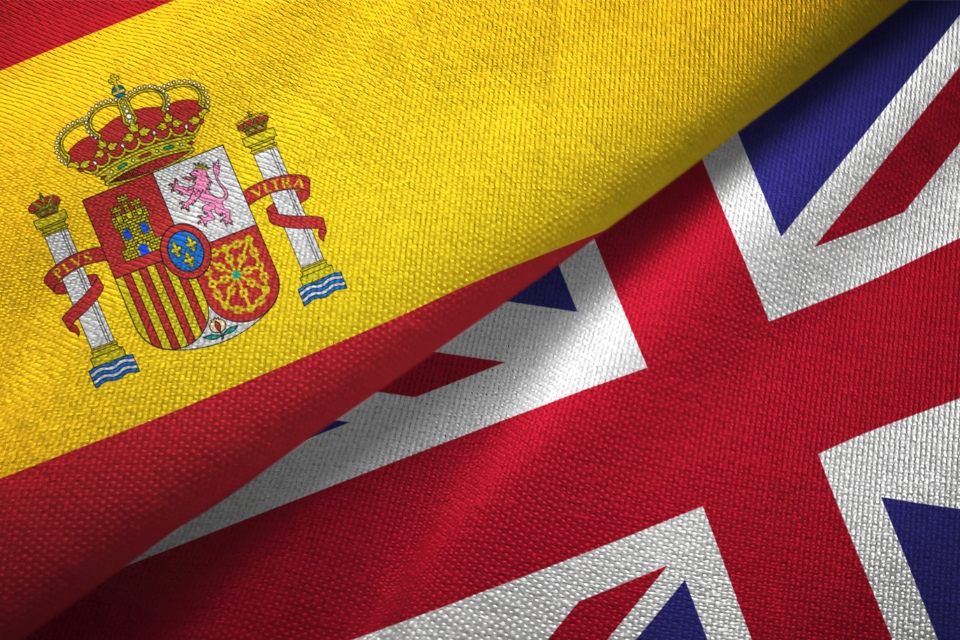
Spain Pushes 90-Day UK Work Visa Waiver for Professionals
26
Dec 2025Spain has formally proposed a 90-day work visa waiver with the UK, aiming to let skilled professionals work short-term…
Continue Reading
-
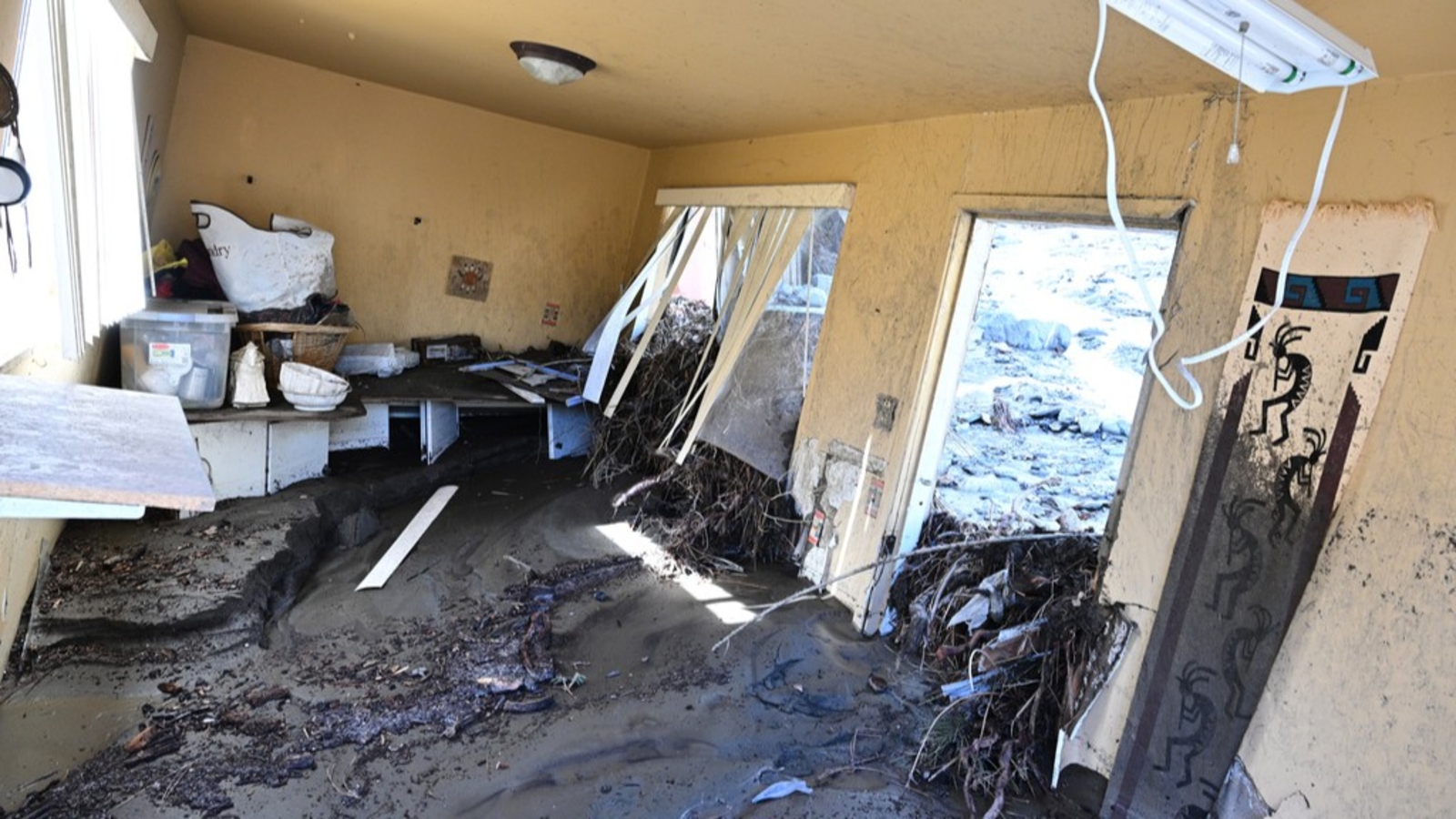
CA Weather: New storm hitting waterlogged Southern California could cause more flooding and mudslides
WRIGHTWOOD, Calif. — California, soaked from days of relentless rain and recovering from mudslides in mountain towns, was hit with another powerful storm Christmas Day that led to evacuation warnings and high surf advisories.
The San Bernardino…
Continue Reading
-
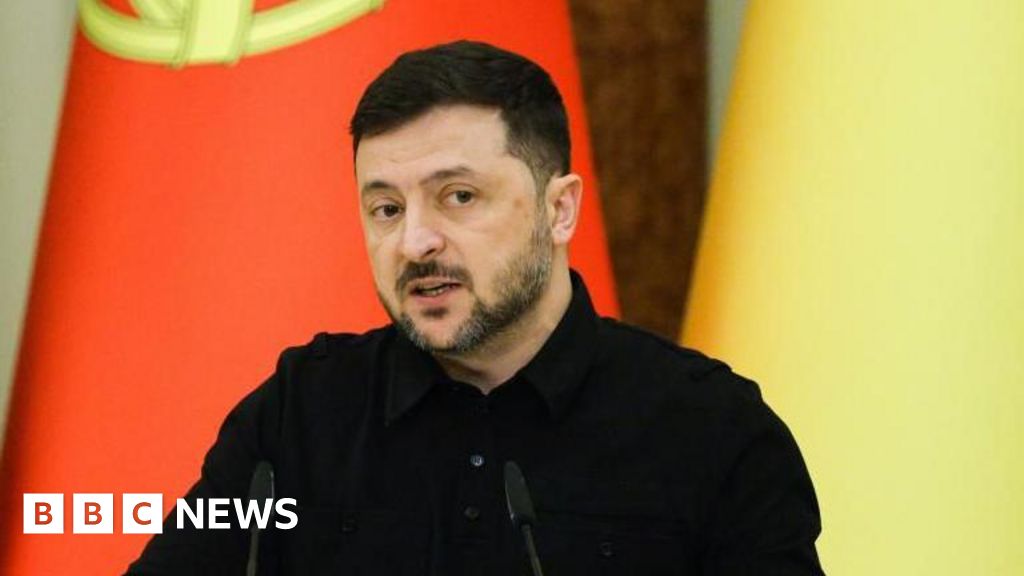
Zelensky hails ‘new ideas’ on peace after talk with US envoys
Ukraine’s President Volodymyr Zelensky has given a positive assessment of a conversation he had with US envoys on how to end the Russia-Ukraine war.
Zelensky said Thursday’s call with Steve Witkoff and Jared Kushner, which lasted nearky an hour,…
Continue Reading
-

Turkey detains 115 ISIS suspects in nationwide raids ahead of Christmas, New Year
Istanbul
—
Turkish police have detained 115 suspected members of the ISIS militant group in coordinated raids across the country over alleged plots linked to Christmas and New…
Continue Reading
-
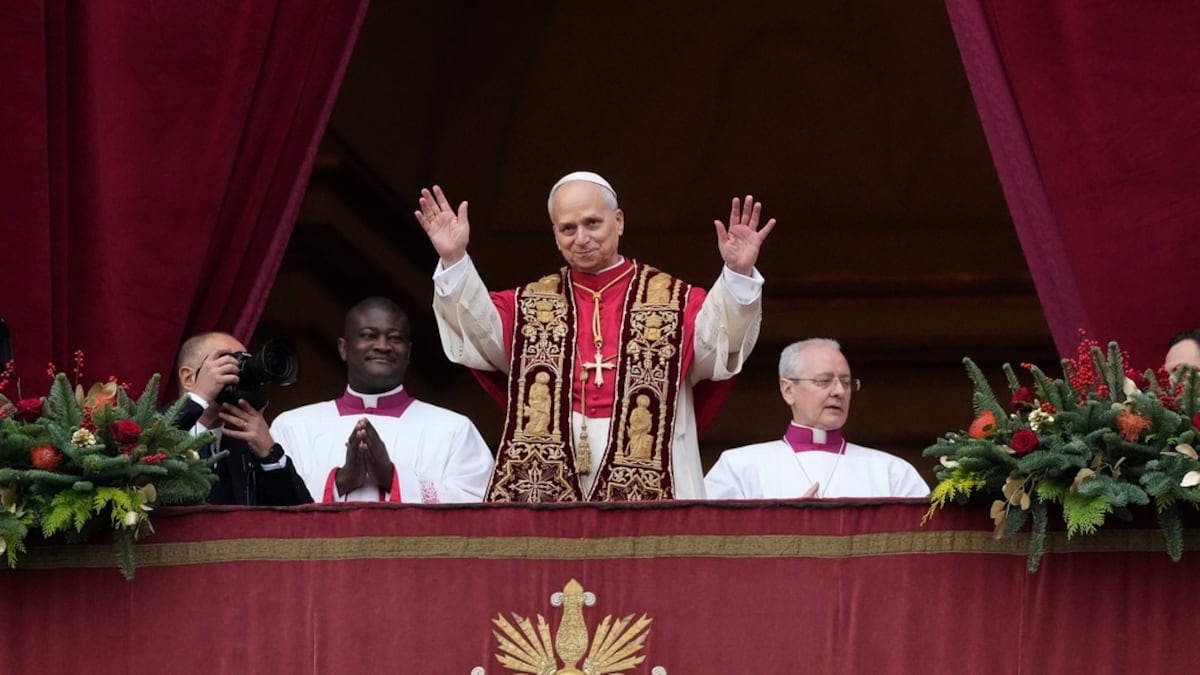
The pope urges the faithful on Christmas to shed indifference in the face of suffering
Pope Leo XIV waves Thursday after delivering the Urbi et Orbi (Latin for ‘to the city and to the world’ ) Christmas blessing from the main balcony of St. Peter’s Basilica at the Vatican.
Gregorio Borgia / AP
Pope Leo XIV during his first Christmas…
Continue Reading
-
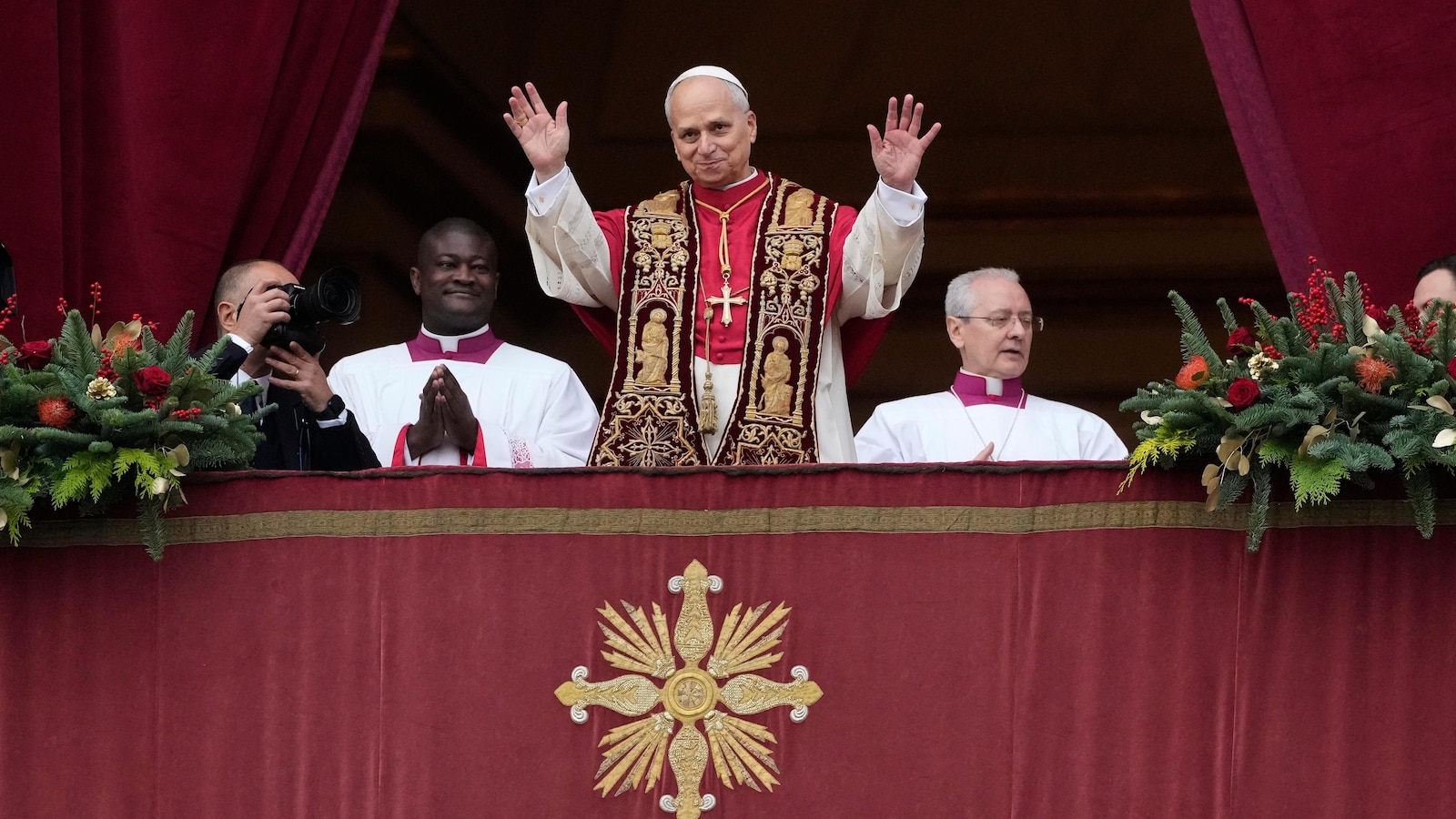
Pope Leo XIV delivers his first Christmas Day message
VATICAN CITY — VATICAN CITY (AP) — Pope Leo XIV during his first Christmas Day message on Thursday urged the faithful to shed indifference in the face of those who have lost everything, such as in Gaza, those who are impoverished, such as in…
Continue Reading
-
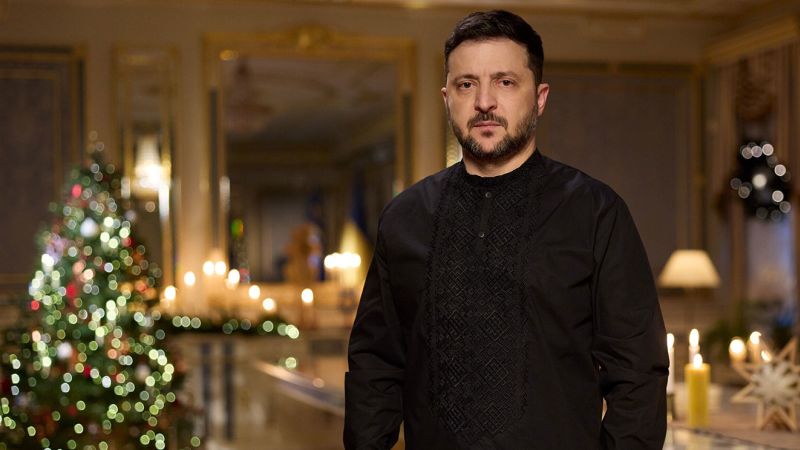
Ukrainian and US negotiators discuss peace deal on Christmas Day
Ukrainian President Volodymyr Zelensky had a “very good” conversation with US special envoy Steve Witkoff and President Donald Trump’s son-in-law Jared Kushner on Christmas Day as negotiations over the…
Continue Reading
-
Pope Leo speaks about Gaza, Ukraine, Sudan in his first Christmas address – The Washington Post
- Pope Leo speaks about Gaza, Ukraine, Sudan in his first Christmas address The Washington Post
- Pope Leo urges ‘courage’ to end Ukraine war in first Christmas address BBC
- In first Christmas sermon, Pope Leo decries conditions for Palestinians in…
Continue Reading